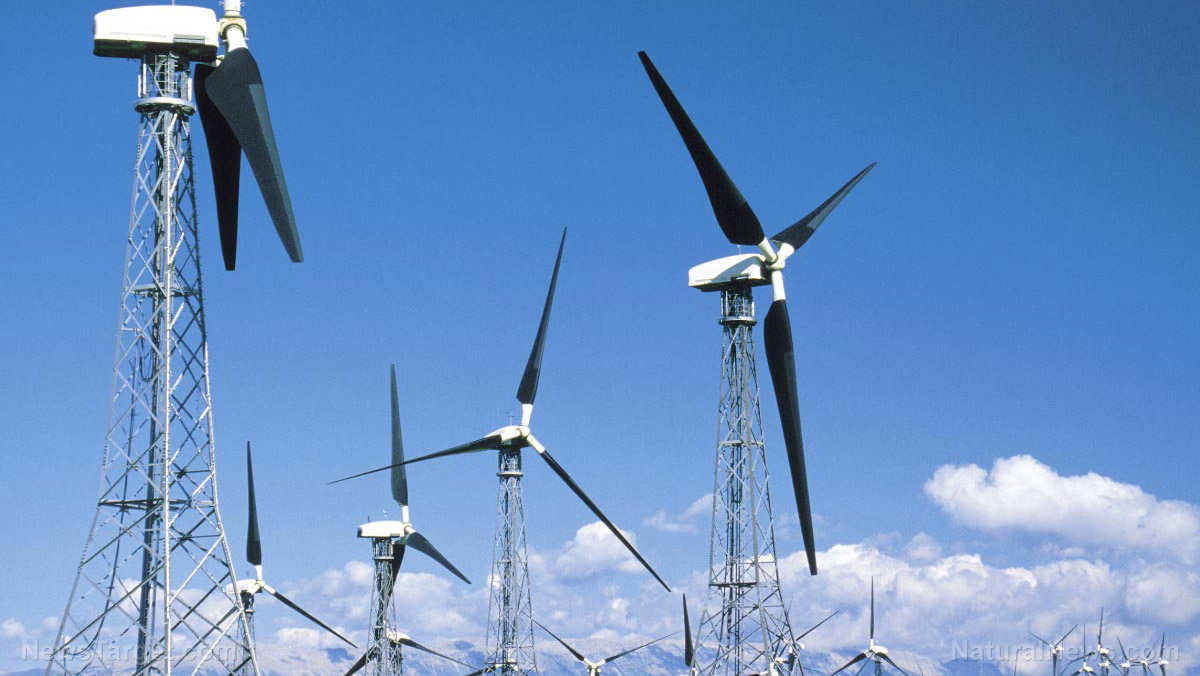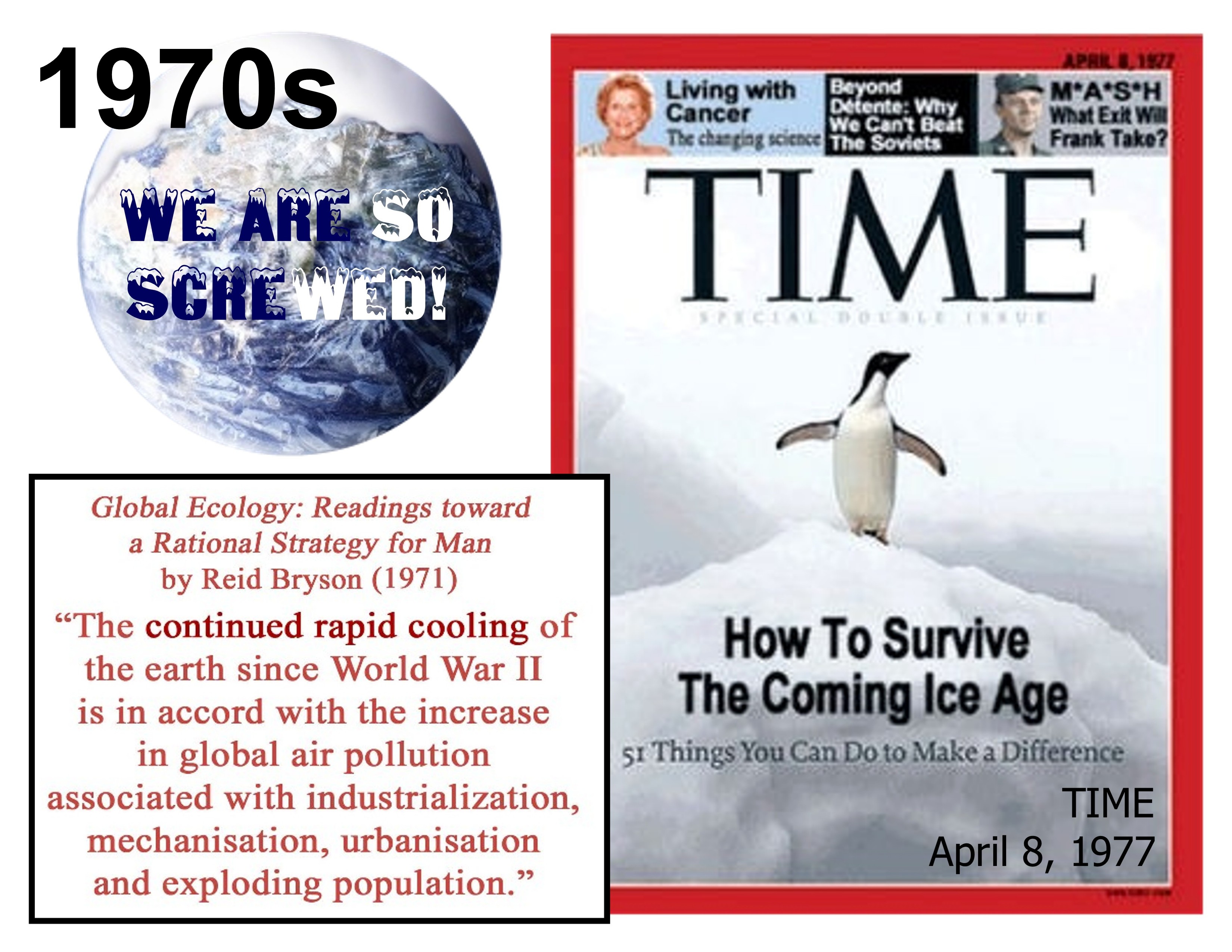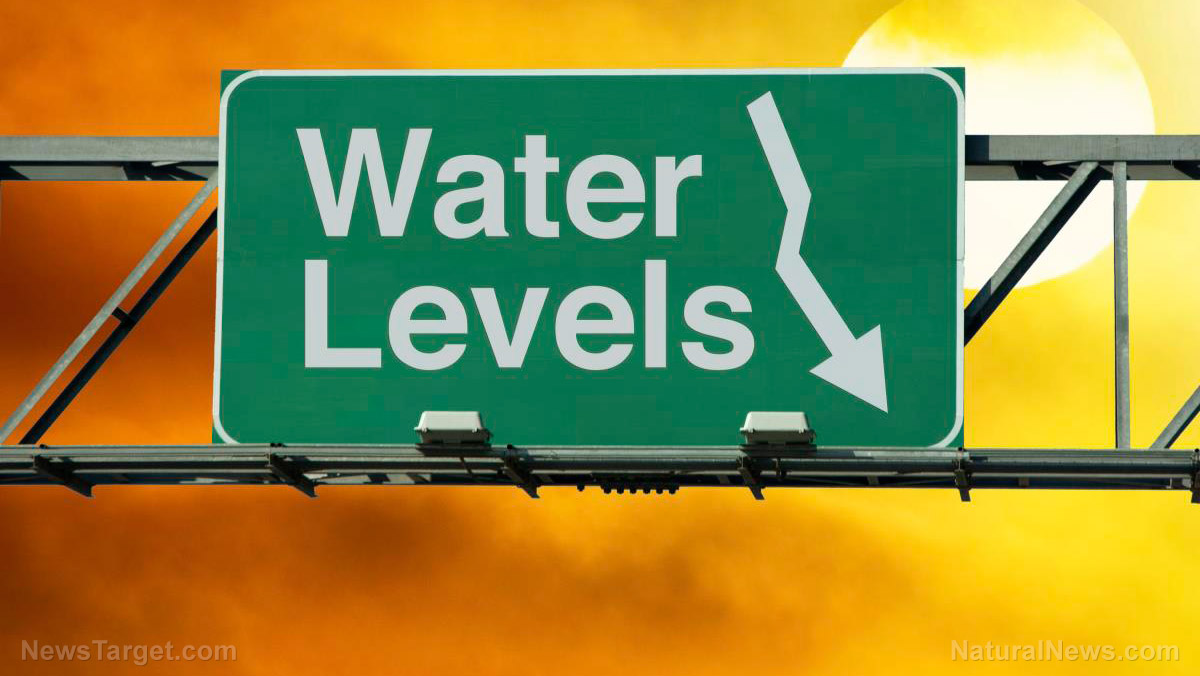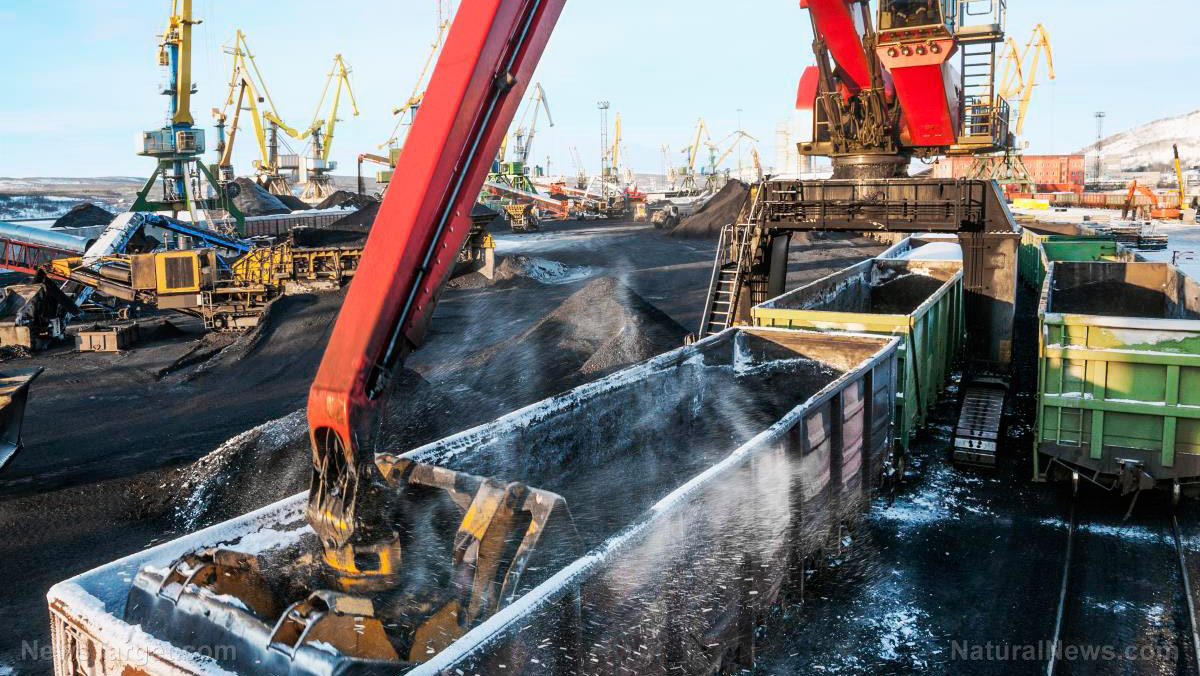Regional emergency declared in eight states due to gasoline, diesel and jet fuel shortages
01/26/2023 / By Arsenio Toledo

The Federal Motor Carrier Safety Administration (FMCSA) has declared a regional emergency in eight states due to a shortage of gasoline, diesel and jet fuel caused by the combination of low production and high demand.
The FMCSA’s regional emergency declaration affects Colorado, Kansas, Nebraska, New Mexico, Oklahoma, Texas, Utah and Wyoming. The agency, a component of the Department of Transportation responsible for regulating the trucking industry, made the declaration in response to the closure of a refinery in Colorado and the exceptionally severe winter weather that is causing demand for fuel to surge.
“This seems almost engineered,” commented political commentator Patrick Humphrey in a video posted on social media. “How is this happening? How does this keep happening in the most prosperous and the most energy-producing country in the entire world?” (Related: No trains, no planes, no automobiles and NO GAS – Welcome to the DE-CIVILIZATION Democrat utopia.)
On Dec. 24, the Suncor Refinery in Commerce City, Colorado, unexpectedly shut down due to “extreme and record-setting weather,” according to the company’s press release. Suncor claimed the refinery isn’t expected to resume full operations until late into the first quarter of 2023.
This factor, combined with the shutdown occurring in the middle of winter, has made in difficult to obtain the necessary gasoline, diesel and jet fuel in the affected states, according to the FMCSA’s emergency order.
“This declaration addresses the emergency conditions creating a need for immediate transportation of gasoline, diesel and jet fuel and provides necessary relief,” reads the emergency declaration.

Regional emergency declaration to provide aid to drivers and companies supporting relief efforts
The FMCSA’s emergency declaration temporarily lifts the maximum driving time of property-carrying vehicles as established by Part 395.3 of the Federal Motor Carrier Safety Regulations.
This waiver of the regulation only affects drivers providing direct assistance to the FMCSA’s emergency relief efforts, such as truckers hauling gasoline, diesel and jet fuel into the affected states
According to the FMCSA, any driver or motor carrier who wants to aid emergency relief efforts must also abide by certain conditions. First and foremost is the motor carrier or driver’s understanding that no other part of the Federal Motor Carrier Regulations are waived.
Another condition is an understanding that “direct assistance” to emergency relief efforts does not include the transportation of fuel supplies or other products “related to long-term rehabilitation of damaged physical infrastructure.”
Truckers that are carrying mixed loads that include the much-needed fuel supplies and commercial goods, or those providing services that are not in support of emergency relief efforts, are immediately no longer eligible for emergency benefits.
Furthermore, once truckers are sent by motor carriers to another location to begin commercial operations, their participation in the Part 395.3 waiver is immediately terminated. Other conditions include:
- Motor carriers or drivers who are subject to out-of-service orders are not eligible for the benefits of the emergency declaration until the orders have been rescinded in writing by the issuing jurisdictions.
- Drivers that move from aiding emergency relief efforts to normal commercial operations are required to take a 10-hour break when the total time they engaged in emergency relief efforts, or in a combination of emergency relief and normal commercial operations, equals or exceeds 14 hours.
The FMCSA’s declaration remains in effect until the end of the emergency or until 11:59 p.m. Eastern Standard Time on Feb. 15, 2023, whichever comes first.
Learn more about the energy crisis in the United States and other parts of the world at NewEnergyReport.com.
Watch this video of political commentator Patrick Humphrey discussing the FMCSA’s regional emergency declaration.
This video is from the Ezekiel34 channel on Brighteon.com.
More related stories:
UPRISING: Protests surged in Western Europe in 2022 due to food and fuel crises, report finds.
Solar and wind can’t replace fossil fuel, points out economist Peter Hartley.
Natural gas prices in Southern California SURGED 128% since December.
Josh Sigurdson: Biden admin’s plan to phase out oil use is ABSOLUTE INSANITY.
Feds prepare for energy and diesel shortages.
Sources include:
Submit a correction >>
Tagged Under:
Climate, Collapse, diesel, emergency, energy, energy collapse, environment, Federal Motor Carrier Safety Administration, FMCSA, fuel emergency, fuel rationing, fuel shortage, fuel supply, gasoline, jet fuel, regional emergency, supply chain, transportation, weather, weather terrorism
This article may contain statements that reflect the opinion of the author





















